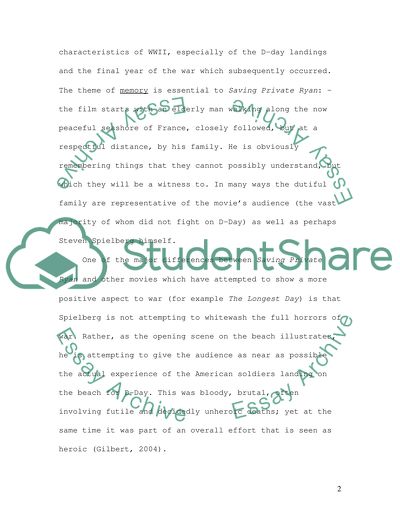Cite this document
(“Saving Private Ryan: The Paradoxical Search for Humanity within the Movie Review”, n.d.)
Saving Private Ryan: The Paradoxical Search for Humanity within the Movie Review. Retrieved from https://studentshare.org/visual-arts-film-studies/1529964-movie-analysis-researchessay-on-wwii
Saving Private Ryan: The Paradoxical Search for Humanity within the Movie Review. Retrieved from https://studentshare.org/visual-arts-film-studies/1529964-movie-analysis-researchessay-on-wwii
(Saving Private Ryan: The Paradoxical Search for Humanity Within the Movie Review)
Saving Private Ryan: The Paradoxical Search for Humanity Within the Movie Review. https://studentshare.org/visual-arts-film-studies/1529964-movie-analysis-researchessay-on-wwii.
Saving Private Ryan: The Paradoxical Search for Humanity Within the Movie Review. https://studentshare.org/visual-arts-film-studies/1529964-movie-analysis-researchessay-on-wwii.
“Saving Private Ryan: The Paradoxical Search for Humanity Within the Movie Review”, n.d. https://studentshare.org/visual-arts-film-studies/1529964-movie-analysis-researchessay-on-wwii.


